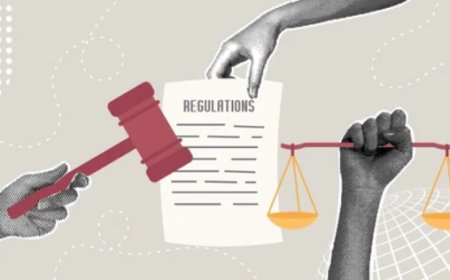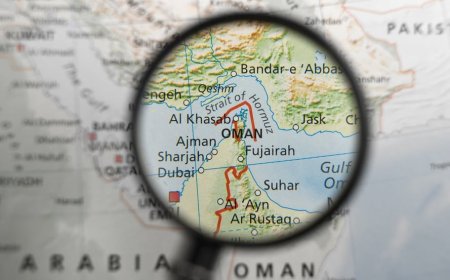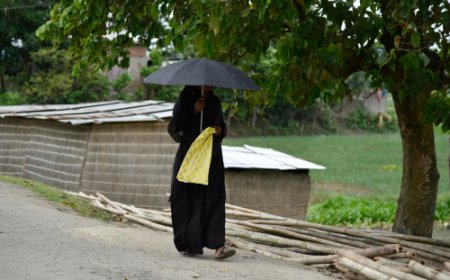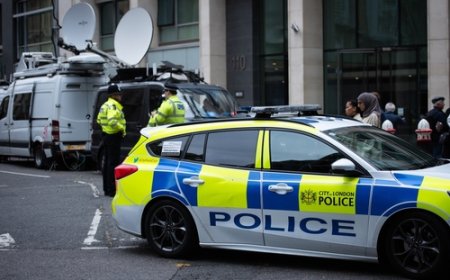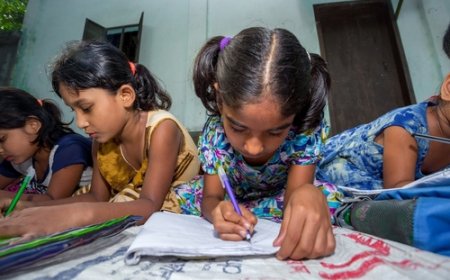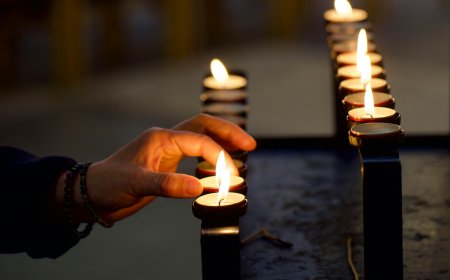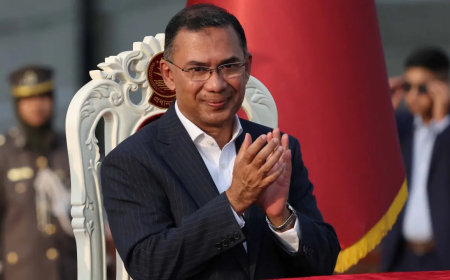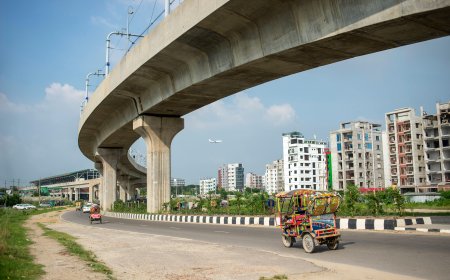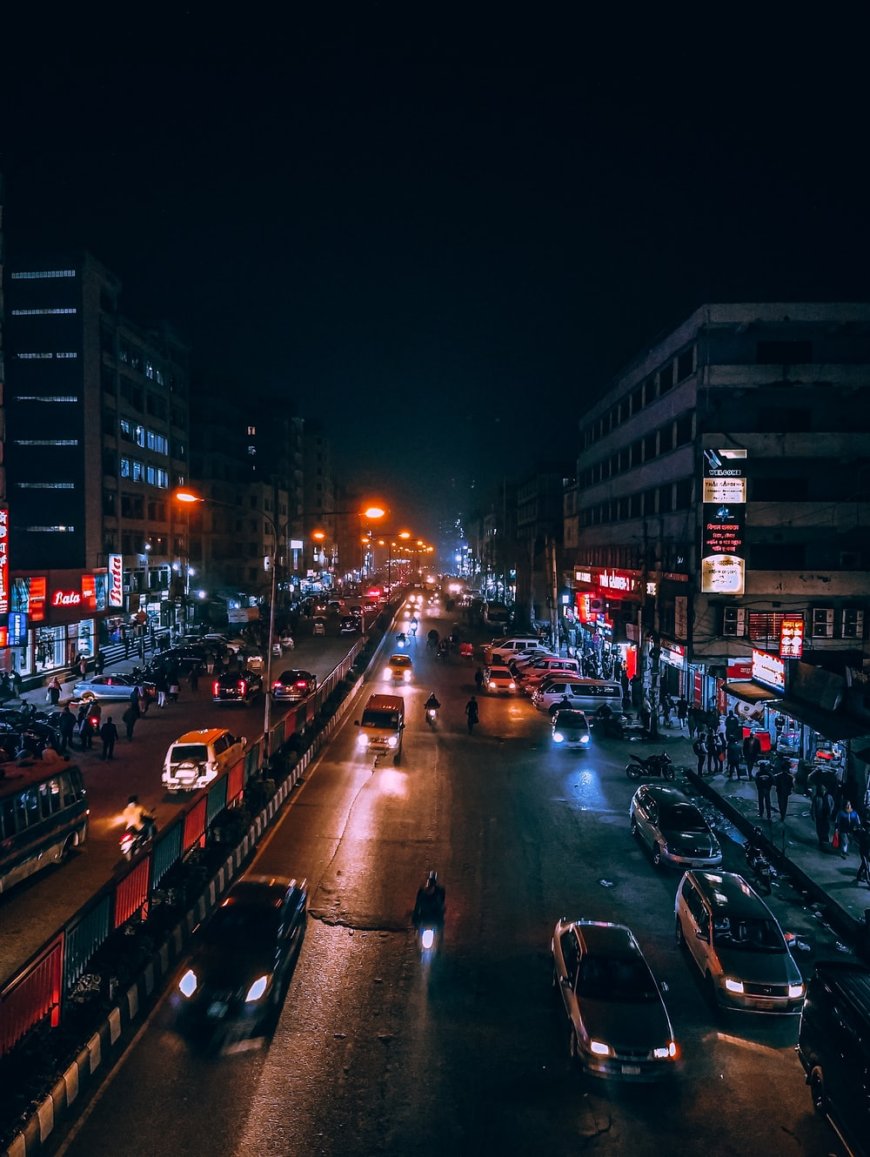Dhaka In Peril: We Can No Longer Fly -- and Build -- Blindly
A training jet crash into a school -- amid a pattern of avoidable disasters -- must shatter our complacency and ignite real reform
On July 21, a Bangladesh Air Force training jet crashed into Milestone School & College in Uttara during a trainee pilot’s first solo flight.
The aircraft, a Chengdu F 7BGI, had lifted off from Kurmitola Air Base and was flying at unusually low altitude over residential zones when it suffered a failure and crashed into the school during class hours.
At least 31 people have died, including students and the pilot, Flight Lieutenant Towkir Islam Sagar, and more than 170 have been injured, according to official reports and eyewitness accounts.
The jet had just taken off when it encountered difficulties. It was flying far below standard safe climb altitude over a densely populated neighbourhood when it went down. Whether the pilot was forced to stay low due to mechanical failure, or was attempting an emergency manoeuvre, remains unclear. What is certain is that the aircraft’s proximity to a crowded urban area left almost no margin for error or recovery.
This crash is the deadliest in a pattern of preventable urban catastrophes. In just the past year, chemical warehouse fires and building infernos in Wari, Bailey Road, and Chawkbazar have exposed how deadly our tolerance for risk can be. Dhaka continues to allow high-risk activities -- whether flight training, chemical storage, or substandard construction -- to operate in areas filled with civilians, schools, and homes. The cost of failure is mass casualty.
Take the crash: why are decades-old F-7 jets, with known ejection-seat vulnerabilities, still used for training? Flight Lieutenant Sagar had accumulated extensive training hours under supervision, and this flight marked his first solo sortie. Yet, despite his skill and dedication, he was flying a platform whose safety record and suitability for modern air training have long been questioned. The problem wasn’t the pilot -- it was the system.
After the crash, grief quickly gave way to anger. Students at Milestone and nearby institutions gathered in protest, demanding full disclosure of the names of those killed and injured. Allegations surfaced that the true death toll was being downplayed.
In response, the government and military officials categorically denied the claims, calling them “false propaganda.” They stated that final casualty lists were being compiled through DNA verification and that a control room was set up to assist affected families.
Yet the fact that such doubts emerged at all reflects a deeper public distrust -- of institutions that, time and again, fail to communicate transparently or act decisively after tragedy.
These incidents are not isolated. The same root causes -- aging equipment, regulatory leniency, unchecked urban growth, and opaque decision making -- span sectors from aviation and firefighting to construction and energy. Recent studies show that although Bangladesh has robust disaster and building codes on paper, governance failures -- elite control, murky procurement, exclusion of citizens from oversight -- render them ineffective.
In practice, regulators from civil aviation academies to urban planning boards often operate under political influence, not professional standards. Investigations have revealed pilot licensing violations, uninspected aircraft, and buried safety audits. This tolerated risk is not random -- it reflects a political ecosystem where patronage trumps prevention.
Of course, institutions don’t fail in a vacuum. Over time, we -- citizens, communities, families -- have grown desensitized to risk. Each disaster fades from memory, each promise of reform goes unquestioned. We mourn, we move on, and we wait for the next blow. Civic vigilance fades. Demands for accountability never gain traction.
In a society where shortcuts are tolerated and rule-bending is normalized, even sincere safety efforts collapse under public indifference. But this passivity comes at a cost: it allows systemic risk to entrench itself -- until it comes crashing down on schools, homes, and lives.
What Must Change Now
1. Restrict high-risk flights over populated areas
• Solo training flights and low-altitude manoeuvres must be barred over schools, hospitals, and residential zones
• Dedicated airspace must be designated for all non-essential military flight operations, with enforced altitude minimums
2. Modernize and disclose aircraft safety standards
• Aging jets must be withdrawn from training unless comprehensively upgraded with functional ejection systems and current safety systems
• Airworthiness, safety records, and audit results should be made available to civilian oversight bodies
3. Strengthen urban risk zoning and compliance
• High-risk operations - whether chemical storage or military flight paths -- must be relocated away from dense civilian zones
• Schools and high-density buildings should be subject to regular structural and fire safety audits, with violations enforced, not ignored
4. Build a culture of public accountability
• Parents, teachers, civic groups, and media must play active roles in reporting hazards and pressing for enforcement
• Safety awareness and evacuation drills must become routine across all high-risk zones -- schools included
5. Ensure accountability, not just investigations
• Decision-makers responsible for procurement failures, risk zoning violations, or dereliction of oversight must face meaningful consequences -- not symbolic reprimands
We remember Flight Lieutenant Towkir Islam Sagar, whose final act according to eyewitnesses appeared to be a desperate effort to steer the failing jet away from denser areas. He lost his life in the attempt. So did students and teachers whose only mistake was showing up for class. They are not collateral damage. They are victims of a city and system that has lost its instinct for prevention.
If we truly want to prevent another tragedy, we must reclaim our agency -- not just as voters, but as citizens, parents, neighbours. We must demand better safety standards, question reckless development, and hold public institutions accountable. Silence is complicity. The next disaster can only be prevented if we refuse to let this one be forgotten.
Dhaka is a city that breathes on the edge. It cannot afford to keep flying blind. Our institutions, leaders, and communities must finally reckon with the risks we have long ignored -- and act before the next tragedy becomes our next obituary.
Sajedul Hoq is a development practitioner with 22 years of experience.
What's Your Reaction?







